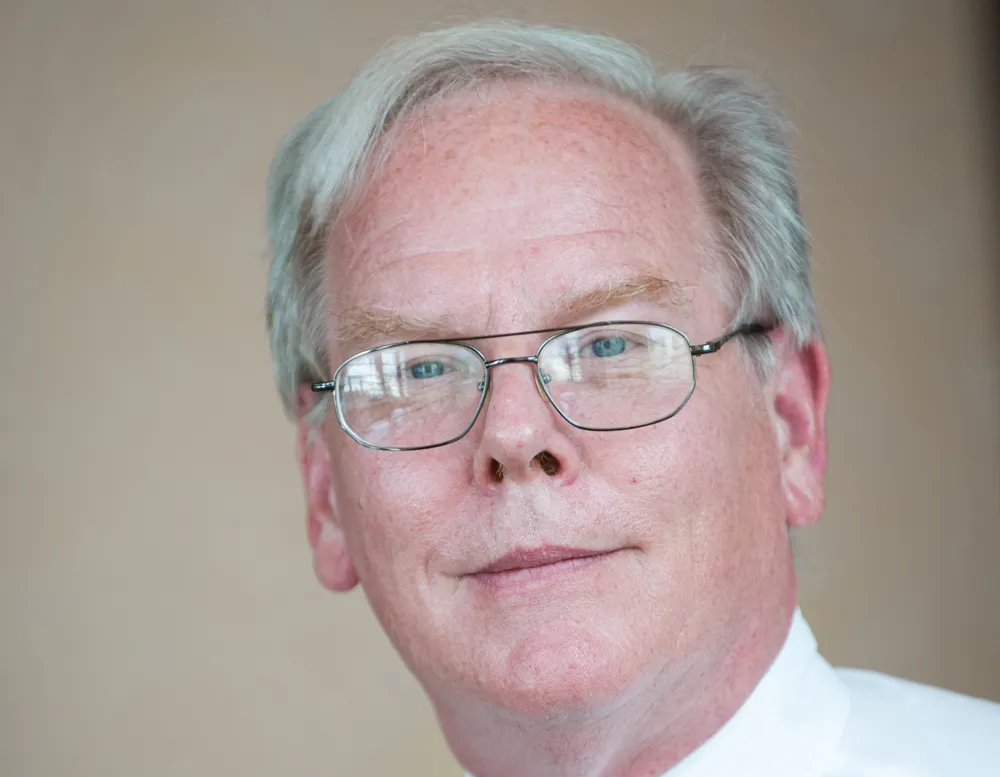In support of the third annual Infrastructure Week, US Transportation Secretary Anthony Foxx is participating in events in Washington and will then head out to meet with state and local leaders, business leaders and academics in Tennessee, California, and Iowa.
“Our nation’s economy and the way we live both depend on having strong infrastructure,” Secretary Foxx said. “But the truth is that our current levels of investment are falling short of what is needed just to keep our existing system safe and in g
May 12, 2015
Read time: 2 mins
In support of the third annual Infrastructure Week, US Transportation Secretary Anthony Foxx is participating in events in Washington and will then head out to meet with state and local leaders, business leaders and academics in Tennessee, California, and Iowa.
“Our nation’s economy and the way we live both depend on having strong infrastructure,” Secretary Foxx said. “But the truth is that our current levels of investment are falling short of what is needed just to keep our existing system safe and in good condition. To make matters worse, over the past six years, Congress has passed 32 short-term measures that have stripped away the ability of state and local governments to complete big projects.”
Foxx has also written to State Transportation leaders to notify them that all federal participation in highway transportation infrastructure construction will stop after 31 May if the current federal funding authorisation is allowed to expire. Without authority to continue funding agency operations, States will not be reimbursed for construction costs or receive technical support and will have to shoulder the burden themselves.
Throughout the week, Secretary Foxx will highlight an alternative to that funding shortage, the Obama Administration’s Grow America Act, a surface transportation bill that would provide six years of funding certainty and grow overall investment by 45 per cent. The US$478 billion proposal would increase funding in US roads, highways and transit systems, and for the first time would provide dedicated funding for passenger rail, rail safety, and a national freight program.
“When you have had 32 short-term measures in six years, any funding bill put forward that is actually big enough to meet the country’s challenges will be labelled by some as unrealistic,” Secretary Foxx said. “But I also think it is unrealistic to think that if we continue under-investing in infrastructure that we will be able to meet the needs of 70 million more people in 30 years. We are in a big ditch, and we have to take some bold steps forward and solve it with a big solution.”
“Our nation’s economy and the way we live both depend on having strong infrastructure,” Secretary Foxx said. “But the truth is that our current levels of investment are falling short of what is needed just to keep our existing system safe and in good condition. To make matters worse, over the past six years, Congress has passed 32 short-term measures that have stripped away the ability of state and local governments to complete big projects.”
Foxx has also written to State Transportation leaders to notify them that all federal participation in highway transportation infrastructure construction will stop after 31 May if the current federal funding authorisation is allowed to expire. Without authority to continue funding agency operations, States will not be reimbursed for construction costs or receive technical support and will have to shoulder the burden themselves.
Throughout the week, Secretary Foxx will highlight an alternative to that funding shortage, the Obama Administration’s Grow America Act, a surface transportation bill that would provide six years of funding certainty and grow overall investment by 45 per cent. The US$478 billion proposal would increase funding in US roads, highways and transit systems, and for the first time would provide dedicated funding for passenger rail, rail safety, and a national freight program.
“When you have had 32 short-term measures in six years, any funding bill put forward that is actually big enough to meet the country’s challenges will be labelled by some as unrealistic,” Secretary Foxx said. “But I also think it is unrealistic to think that if we continue under-investing in infrastructure that we will be able to meet the needs of 70 million more people in 30 years. We are in a big ditch, and we have to take some bold steps forward and solve it with a big solution.”









